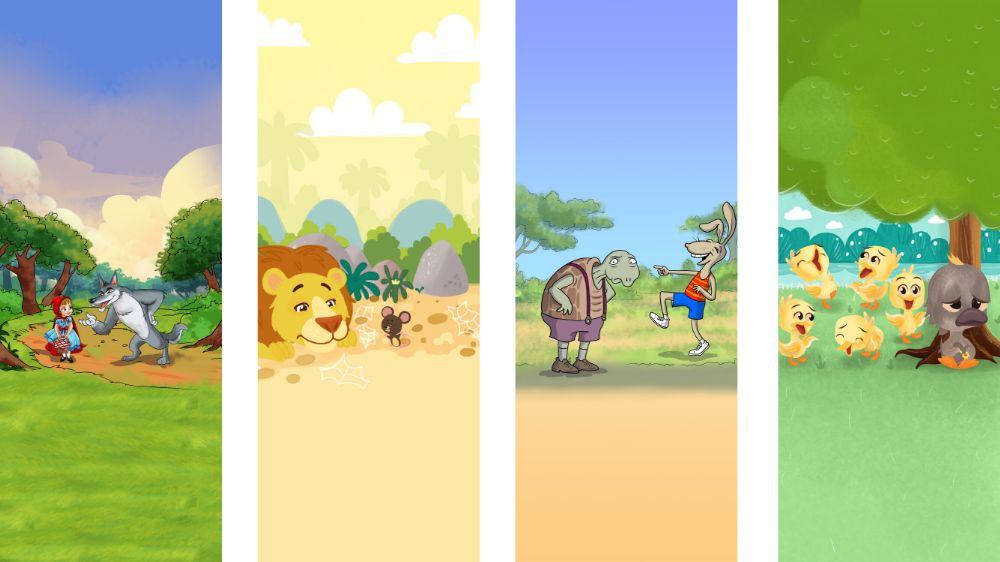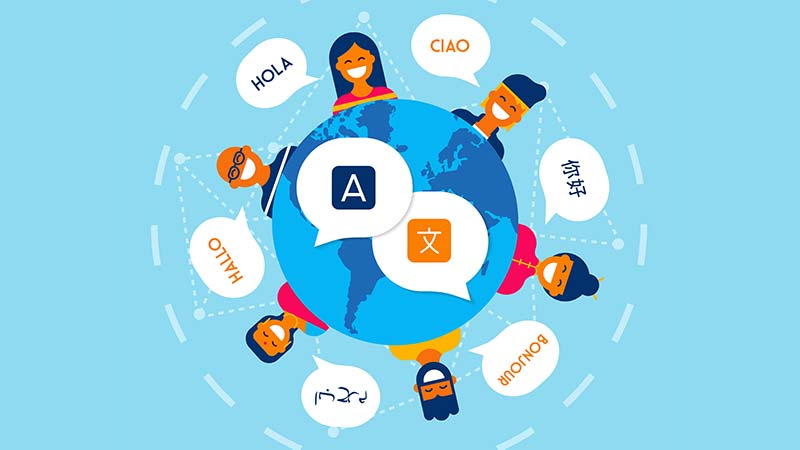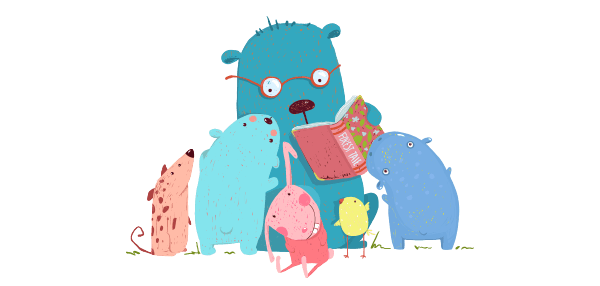
Do you love fairy tales and fables? Yes? Thought so! Many parents have firm favourites, which they will introduce to their little ones. Whether these are popular tales, such as ‘Little Red Riding Hood’, or fables, such as ‘The Mouse and the Lion’, everyone will know a tale that they treasured as a child.
Surprising facts about fairy tales and fables
Of course, all cultures have their own fairy tales and fables. Many of today’s fairy tales and fables evolved from ancient stories that were passed on from generation to generation in many cultures of the world, both orally and in writing. The most well-known Western fable collections started with Aesop in about 600 BC, whereas Africa and India had their own, rich story-telling traditions.
Researchers from the universities of Lisbon and Durham found in 2016 that some tales were “older than the earliest literary records”, with some dating back thousands of years ago. Analysis showed, for example, that ‘Beauty And The Beast’ and ‘Rumpelstiltskin’ were around 4,000 years old!
Why should you use fairy tales and fables in language learning?
There are a number of reasons why fairy tales or fables are particularly well suited to language learning. (This is why we have been working on a new set of bilingual fairy tales and fables for you!)
1. Familiarity with setting and vocabulary
You and your child will likely already know the fairy tales you will be reading in your main language, which will make it much easier to introduce the tales in the second/weaker language.
2. Association of language learning with fun and mystery
There is nothing worse than pushing your child to learn vocabulary that it finds uninteresting. Using tales kids already love will make them curious and more receptive to learn how certain words or phrases have been translated into other languages. For example, find out together whether the wolf in Little Red Riding Hood uses different expressions in e.g. English and Spanish! The British Council website has some additional clever ideas on how to make English language learning more fun for kids – apply their advice in your own language(s).
3. Extension of simple vocabulary
Within each tale there will be a set of simple vocabulary, which your child will enjoy learning (e.g. animals or plants in the forest, family members, specific food items, and so on).
4. Grammatical understanding
All fairy tales and fables usually use the past tense, which could be something to draw older children’s attention to. Additionally, you and your child could learn about comparatives and metaphors in your first language – and how these are translated into other languages.
5. Building imagination through creative storytelling games
Once you have read the fairy tales a number of times, play creative storytelling games with your children. Start with a setting and character of your choice and introduce this to your child. Then ask your child to continue for a couple of sentences, imagining what might happen next. Repeat until you have a completely new fairy tale! You may want to start this with your child’s stronger language, but once you have played this game a few times, start playing it in the weaker language too.
Sounds good! How can I get started?
The good news is that Unuhi has just launched new books containing bilingual fairy tales and fables in 20 languages. 😊
You can choose your languages, so you will be able to read Little Red Riding Hood or The Elves and the Shoemaker in nearly 200 language combinations… 🙂 Find us on iOS and Android. Have fun!










